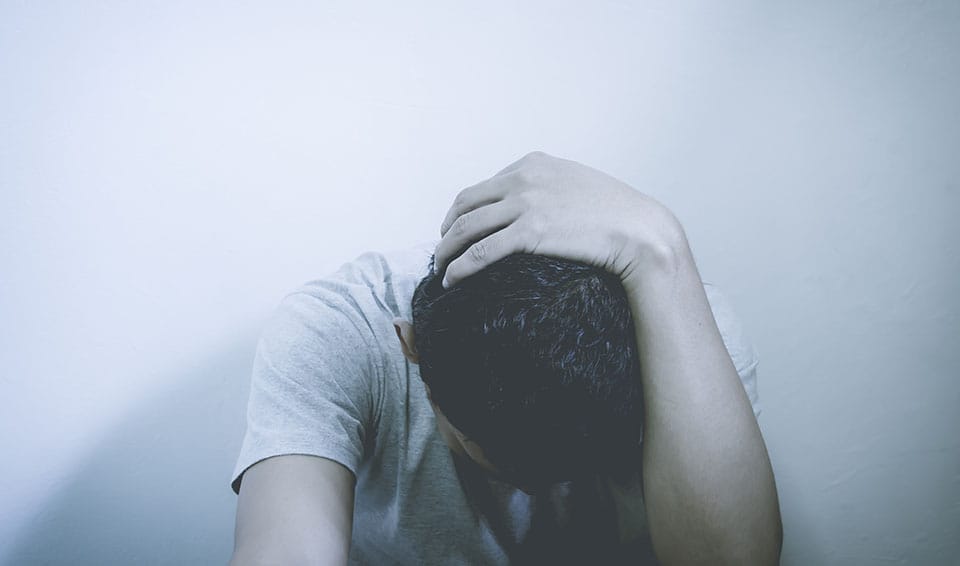Men’s treatment centers across the United States are beginning to pay special attention to obsessive compulsive disorder. In recent years, researchers and mental health professionals have turned their focus to understanding and finding effective treatment options for people suffering from obsessive compulsive disorder, also known as OCD.
What Is Obsessive Compulsive Disorder?
Obsessive compulsive disorder is a chronic anxiety disorder in which a person experiences both obsessions and compulsions. Obsessions are uncontrollable thoughts that recur throughout one’s day. Compulsions are uncontrollable behaviors that a person feels the need to repeat over and over, often for a specific (though seemingly arbitrary) number of times. Approximately 1.6% of the United States population will suffer from OCD during their lifetime and more than half of these cases are considered severe, which is a higher rate of severe cases than any other mental health condition. While many people casually claim to have OCD because they prefer a clean house, like things organized a certain way or have developed a specific routine, OCD is a condition that is no laughing matter. In fact, many people who suffer from OCD feel as though their lives are not their own. Rather, they feel that they are at the mercy of their obsessions and compulsions and have very little free will.
How Are Men Affected by Obsessive Compulsive Disorder?
While women are more likely to suffer from anxiety disorders in general, men account for 50% of the population of people who suffer from obsessive compulsive disorder. Furthermore, obsessive compulsive disorder usually presents earlier in men than in women. Many men who suffer from OCD experience problems at work, at school and in relationships. It takes a considerable amount of time to satisfy the obsessions and compulsions caused by OCD, so many individuals are unable to be productive in their day-to-day lives. For many men, this causes problems with self-esteem and quality of life.
How Is Obsessive Compulsive Disorder Treated?
Obsessive compulsive disorder can be treated through therapy or with medication. Research has shown that cognitive behavioral therapy is a highly effective treatment for OCD. While some people are able to find relief from OCD symptoms through therapy alone, others may require medication as well. Treatment can be done in an outpatient setting, in a co-ed treatment facility or in a men’s treatment center. If you would like more information about obsessive compulsive disorder and the resources available near you, visit the International OCD Foundation’s website. Treatment is available for people suffering from OCD. It’s time to take the first step toward freeing yourself from the disorder. Sources: Hapak, P. & Katz, J. (Ed.). 2008. Are You Crazy Enough to Succeed? https://www.menshealth.com/health/living-with-obsessive-compulsive-disorder-ocd McLean, C. P., Asnaani, A., Litz, B. T. & Hofmann, S. G. (2011). Gender Differences in Anxiety Disorders: Prevalence, Course of Illness, Comorbidity and Burden of Illness. Journal of Psychiatric Research, 45(8), 1027-1035. https://www.ncbi.nlm.nih.gov/pmc/articles/PMC3135672/ National Institute of Mental Health. (2016). Obsessive-Compulsive Disorder. https://www.nimh.nih.gov/health/topics/obsessive-compulsive-disorder-ocd/index.shtml National Institute of Mental Health. (2006). Obsessive Compulsive Disorder Among Adults. https://www.nimh.nih.gov/health/statistics/prevalence/obsessive-compulsive-disorder-among-adults.shtml Young Men’s Health. (2015). Obsessive Compulsive Disorder. https://youngmenshealthsite.org/guides/obsessive-compulsive-disorder/

